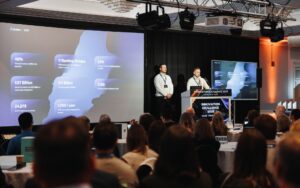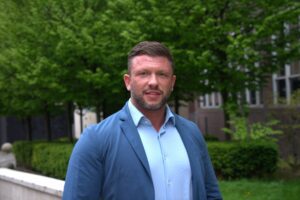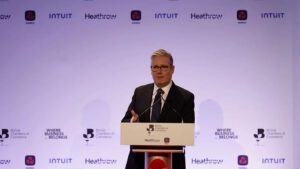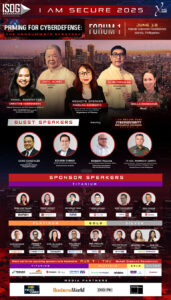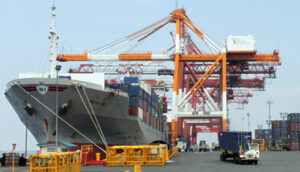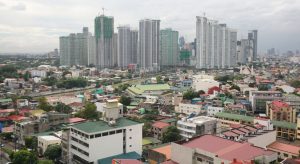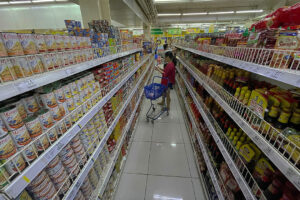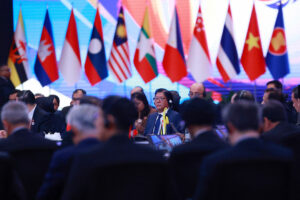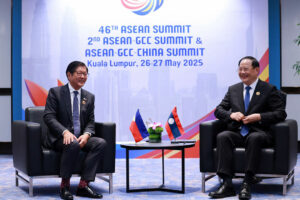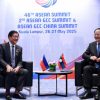PRESIDENT Ferdinand R. Marcos, Jr., called the Asian Development Bank’s (ADB) $400-million loan for Mindanao a big deal, highlighting its potential to catalyze long-term economic growth in the Bangsamoro Autonomous Region in Muslim Mindanao (BARMM) and across the southern Philippines.
“This was part of the BIMP-EAGA discussion, and the ADB made commitments as it has always done,” Mr. Marcos said in a press briefing during the 46th Association of Southeast Asian Nations (ASEAN) Summit in Kuala Lumpur, Malaysia, on Tuesday evening.
Mr. Marcos was referring to the Brunei Darussalam–Indonesia–Malaysia–Philippines East ASEAN Growth Area (BIMP-EAGA) initiative. “ADB is really our counselor when it comes to these projects,” he added.
With the decades-long secessionist conflict in Mindanao largely resolved, Mr. Marcos said the region is now poised for sustained growth, provided that development efforts in BARMM are shepherded effectively.
“Mindanao is still the land of promise,” he added in Filipino. “We never quite realized that promise before, but now there is a real chance that we will.”
The push to develop Mindanao is not being led by ADB alone, he noted. The Organization of Islamic Cooperation (OIC), Malaysia, Japan, and the European Union have all played roles in the peace process and are increasingly involved in economic and institutional support for BARMM.
“I hold great hope for the future of Mindanao,” he said.
ADB President Masato Kanda on Tuesday said it is set to approve this year a new $400-million loan for the Philippines, which would fund efforts to boost the country’s marine ecosystem and “blue economy.”
Separately, the ADB also expects to approve a $62.7-million loan for the first phase of the Mindanao Irrigation Development Project in 2026.
It aims to improve irrigation planning and promote climate-resilient farming systems to boost agricultural productivity in Mindanao.
Mr. Marcos arrived in the Philippines on Wednesday morning after a two-day summit in the Malaysian capital, where leaders dialogued on matters concerning the regional bloc. — Chloe Mari A. Hufana

